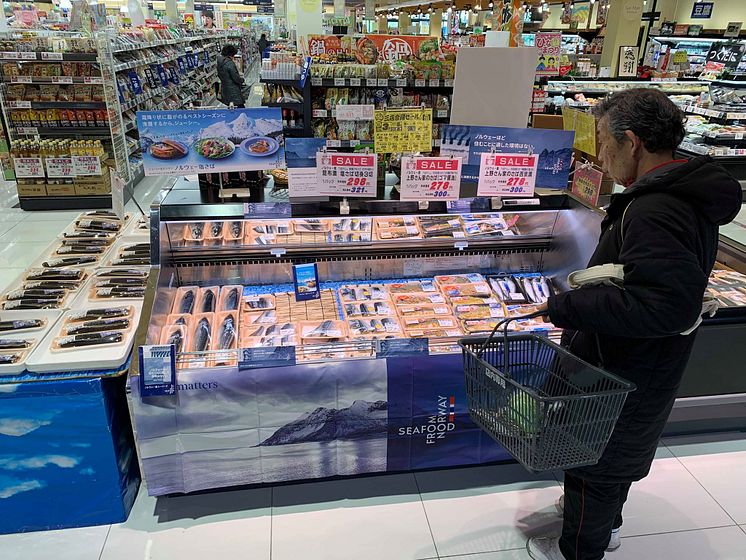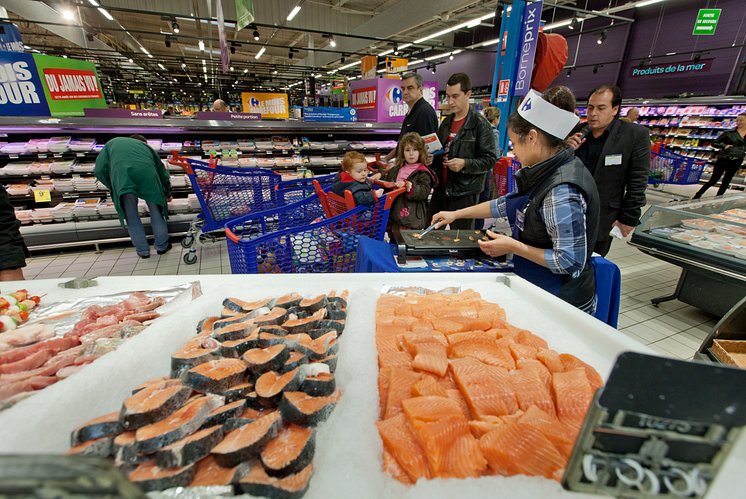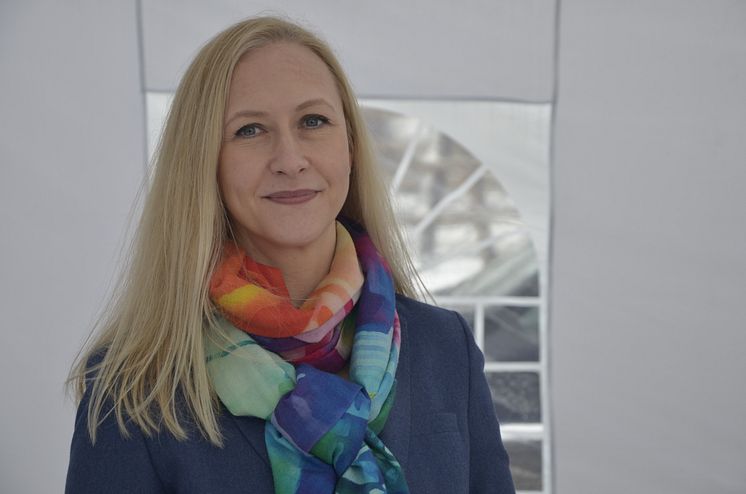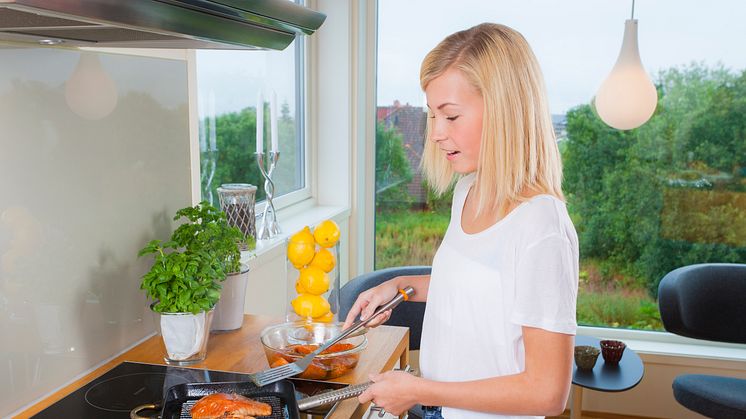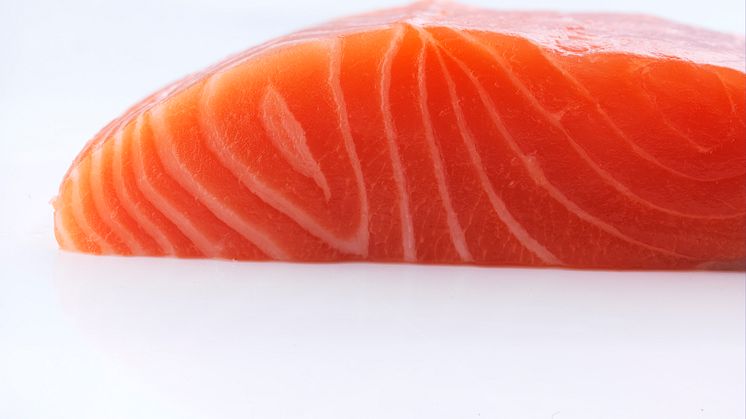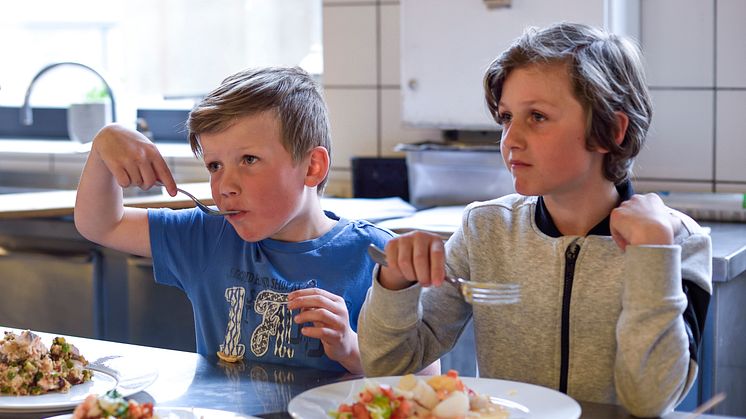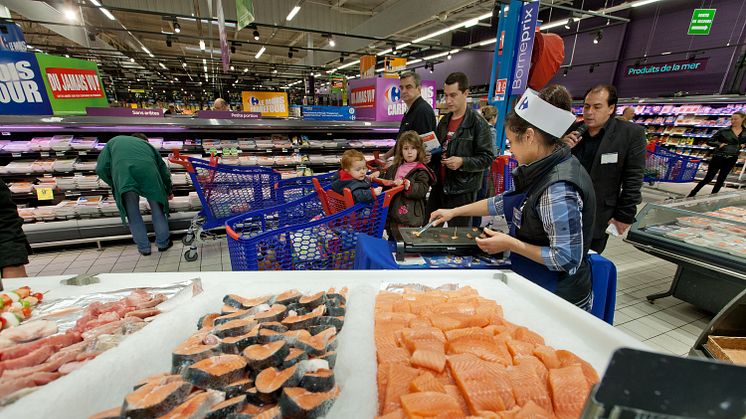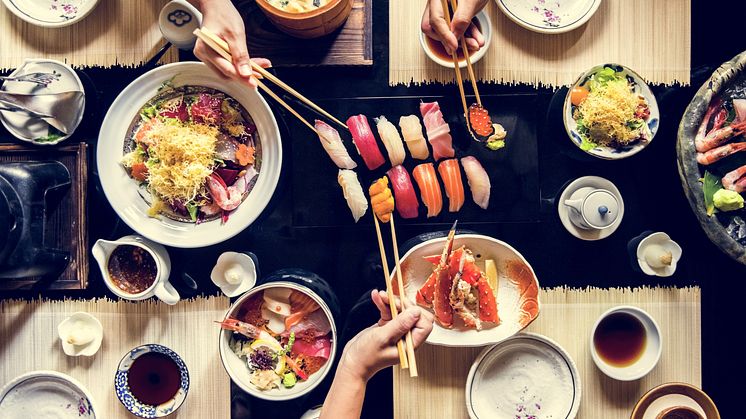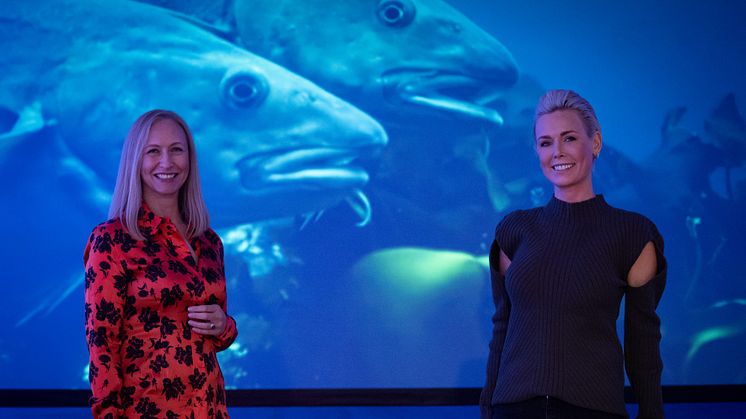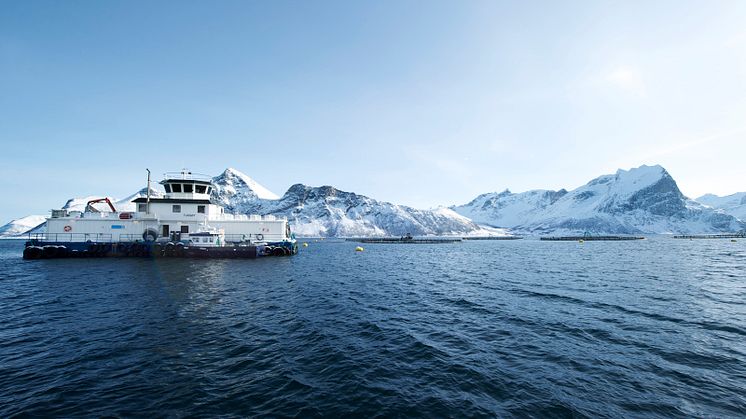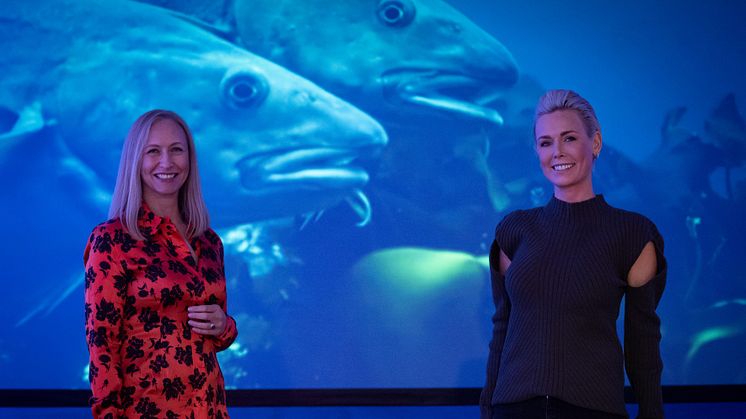
Press release -
Norwegian Seafood Council joins forces with EAT ahead of UN summit on future food systems
The Norwegian Seafood Council and the non-profit organisation EAT have entered into a partnership to promote increased consumption of sustainable seafood. The aim is to contribute to a crucial shift in global food systems to include more food from the ocean.
The coming year is set to be critical to the future of global food systems: to what and how we eat. The first ever UN summit on food will take place in October 2021, and EAT founder and working chairwoman, Gunhild Stordalen, has been appointed by UN Deputy Secretary-General Amina Mohammed to lead efforts to both create demand for healthy and sustainable food and to reduce food waste.
UN mandate
Stordalen and EAT have been chosen by the UN as one of five leading international organisations, to spearhead efforts to establish and implement what will become the most important platform for changes in food systems globally.
As a result of the UN mandate, EAT is teaming up with a few strategic partners to collaborate on initiatives and activities, jointly creating a strong voice for change towards more sustainable global food production and consumption patterns. It is now clear that the Norwegian Seafood Council will be one of these strategic partners.
Norway – a seafood superpower
“When it comes to the ocean, Norway can become a global superpower. As a fishing and ocean industries nation we are already a major player, but with the necessary shift in global food systems – and the vital role sustainable seafood plays in this – it represents a unique opportunity for Norwegian seafood. In this, the Norwegian Seafood Council has a key role to play," says Stordalen.
Changing the global food system towards increased production and consumption of sustainable foods is key to achieving the 1.5-degree target outlined in the Paris Agreement as well the UN Sustainable Development Goals, according to a recent report in Science magazine.
More food from the ocean
Seafood is being pointed to as an important part of the solution to feed a growing world population in a sustainable manner. But today, food from the oceans make up only 2 percent of global calorie intake.
"We will work towards putting increased consumption of healthy and sustainable seafood on the agenda globally. If we are to meet the UN Sustainable Development Goals by 2030, we need to eat more food from the oceans – and that starts with ensuring seafood gets a louder voice both in Norway and internationally," says CEO of the Norwegian Seafood Council Renate Larsen.
EAT and the Norwegian Seafood Council's strategic partnership agreement involves the sharing of expertise and knowledge that will contribute to sustainable solutions for seafood in Norway and around the world.
A growing international alliance
A number of activities in connection with the UN summit are already underway and EAT is at the centre of an ever-growing alliance spanning science, politics and industry as well as civil society.
"The goal is to build a movement for change that can continue to grow long after the summit is over. In our view, mobilizing key players in the food system is key. The Norwegian Seafood Council has unique knowledge of consumers’ attitudes towards seafood all over the world. We look forward to sharing our knowledge and to speaking up for seafood as a key part of the solution for a sustainable and healthy food future," says Stordalen.
"EAT and the Norwegian Seafood Council have a common ambition to raise awareness of the importance that food from the ocean will play going forward. As one of the world's leading seafood nations, Norway also has a particular responsibility," says Larsen.
The Norwegian Seafood Council sees many opportunities in partnering with EAT.
"EAT has built up a strong position as a global platform and acts as a catalyst for the change and development of sustainable food production systems. Through this partnership, EAT's research-based agenda to increase the share of food from the sea will gain even more traction," says Larsen.
EAT is already a strong international voice on the urgent need to move away from today’s unsustainable food production and eating patterns. Most notably, in 2019, the EAT-Lancet Commission’s planetary health diet created headlines worldwide. Read more about the planetary health diet.
Related links
Topics
Categories
About the Seafood Council – www.Seafood.no/en
The Norwegian Seafood Council works with the Norwegian fisheries and aquaculture industries to develop markets for Norwegian seafood through local market intelligence, market development and reputational risk management. The Seafood Council is headquartered in Tromsø and maintains local representatives in thirteen of Norway's most important international markets. The Norwegian seafood industry finances the activities of the Norwegian Seafood Council via a tariff on all Norwegian seafood exports.The Norwegian Seafood Council is a public company owned by the Ministry of Trade, Industry and Fisheries.
The Norwegian Seafood Council proudly represents the origin mark Seafood from Norway.
About EAT – www.eatforum.org
EAT is a global, non-profit organization dedicated to transforming our global food system through sound science, impatient disruption and novel partnerships. We work for a future where healthy and sustainable food is affordable, accessible, and attractive to all



